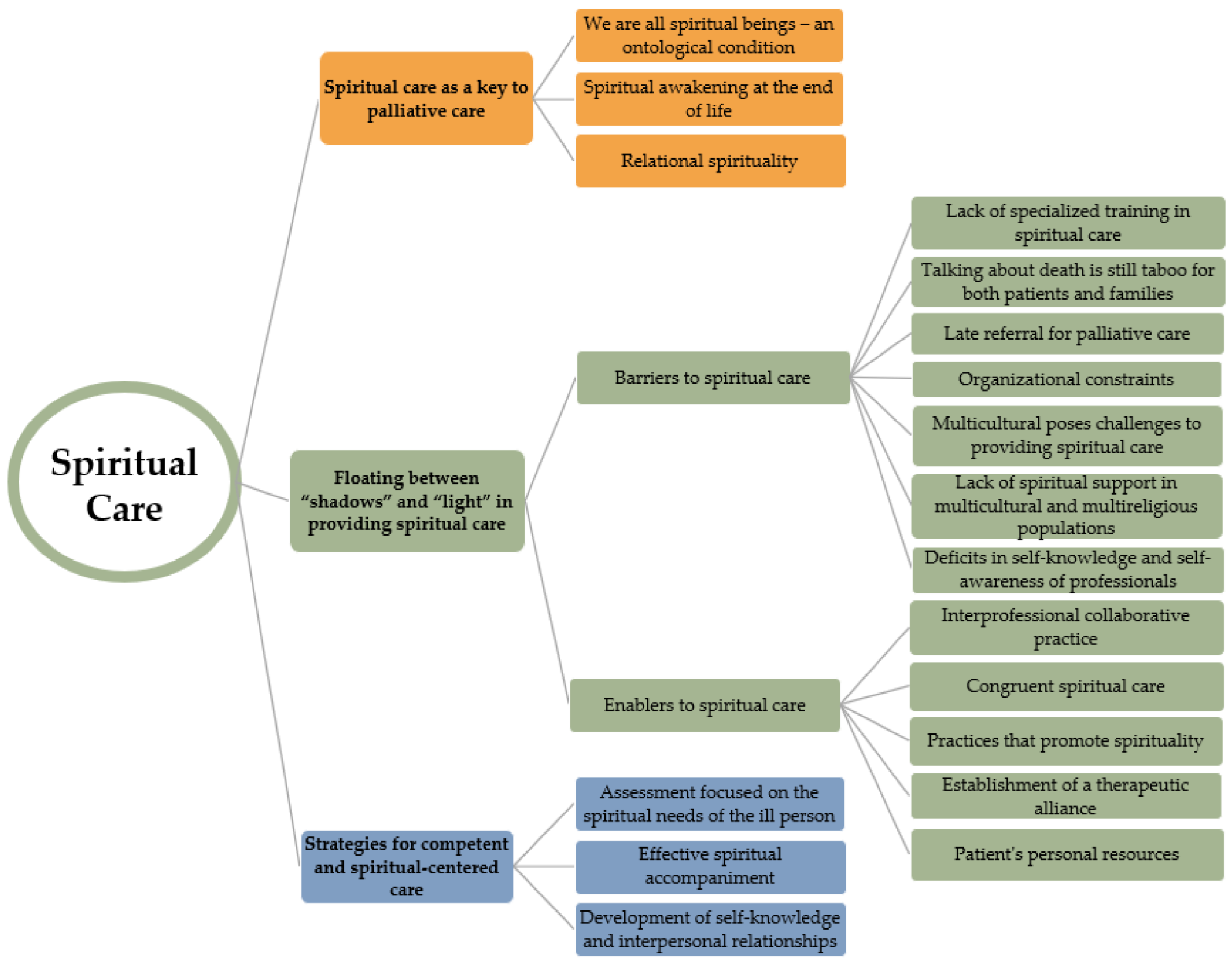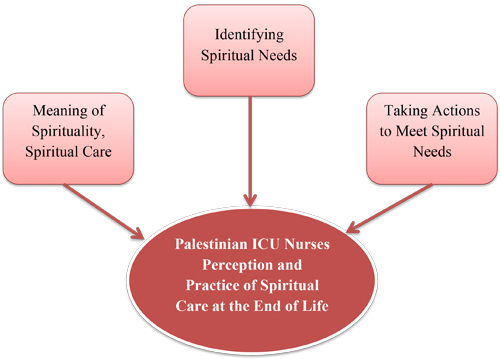Barriers to Providing Spiritual Care at the End of Life
Barriers to providing spiritual care at the end of life include lack of awareness and limited resources. As healthcare professionals, it is crucial to understand these barriers to better support patients’ spiritual needs during this significant phase.
When managing end-of-life care, it is essential to recognize and address the spiritual well-being of patients. However, there exist obstacles that hinder the provision of spiritual care. One significant barrier is the lack of awareness among healthcare providers about the importance of addressing spirituality in healthcare settings.
This lack of understanding may lead to limited resources allocated towards spiritual care, resulting in inadequate support for patients’ spiritual needs. To provide effective spiritual care at the end of life, it is essential to identify and overcome these barriers. This article will explore some common barriers and suggest possible solutions to enhance spiritual care provision for patients nearing the end of their lives.

Credit: www.mdpi.com
Barriers To Providing Spiritual Care At The End Of Life
The provision of spiritual care at the end of life is an essential aspect of holistic patient care. However, there are several barriers that hinder healthcare providers from effectively addressing the spiritual needs of terminally ill patients. Addressing these barriers is crucial for ensuring that patients receive comprehensive care that encompasses their spiritual and emotional well-being. The following are the key barriers to providing spiritual care at the end of life:
Lack Of Awareness And Sensitivity
The lack of awareness and sensitivity among healthcare providers regarding the importance of spiritual care can impede the integration of such care into the end-of-life treatment plan. Many healthcare professionals may not fully comprehend the impact of spirituality on patients’ overall well-being, which can result in overlooking their spiritual needs.
Time Constraints
The demanding nature of healthcare settings often leads to time constraints, making it challenging for healthcare providers to allocate sufficient time for addressing the spiritual needs of terminally ill patients. Limited time available for patient interactions can hinder the provision of adequate spiritual care.
Lack Of Training And Education
Inadequate training and education on spiritual care may leave healthcare providers ill-equipped to navigate and cater to the diverse spiritual needs of patients. The lack of formal education and training in spiritual care can hinder their ability to provide meaningful support in this realm.
Religious And Cultural Differences
Religious and cultural diversity among patients can pose challenges in meeting their specific spiritual needs. Healthcare providers may encounter difficulties in understanding and accommodating the unique spiritual beliefs and practices of individuals from various cultural and religious backgrounds.
Communication Challenges
Ineffective communication between healthcare providers and patients regarding spiritual matters can hamper the delivery of appropriate spiritual care. Difficulties in initiating conversations about spirituality and addressing patients’ spiritual concerns can lead to gaps in care provision.
Emotional And Personal Boundaries
Healthcare providers might experience personal discomfort or emotional boundaries when addressing the spiritual needs of terminally ill patients, resulting in the avoidance or neglect of such crucial aspects of care.
Ethical Dilemmas
The ethical considerations surrounding spirituality and end-of-life care can present complex dilemmas for healthcare professionals, potentially inhibiting the delivery of comprehensive spiritual support to patients.
Healthcare System Constraints
The broader constraints within healthcare systems, such as limited resources and organizational barriers, may hinder the integration of spiritual care into standard practices, impacting the overall provision of end-of-life spiritual support.

Credit: www.sciencedirect.com

Credit: www.mdpi.com
Conclusion
Addressing the barriers to spiritual care at the end of life is crucial for improving the quality of life for patients and their families. By recognizing these challenges and actively working to overcome them, healthcare providers can create a more supportive and holistic approach to end-of-life care.
Prioritizing spiritual well-being in this critical stage can lead to more meaningful and peaceful experiences for all involved.







